Home and living supports are important because they help people with disabilities live safely, confidently, and with more independence in their everyday lives.
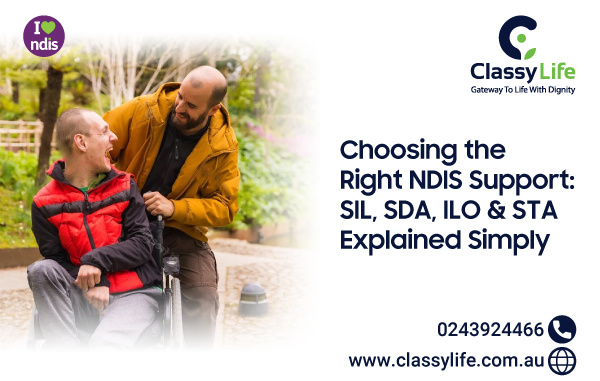
Temporary care and assistance that gives participants and their families a break, while ensuring safety, comfort, and continued support for daily living needs.

Home and living supports are important because they help people with disabilities live safely, confidently, and with more independence in their everyday lives.
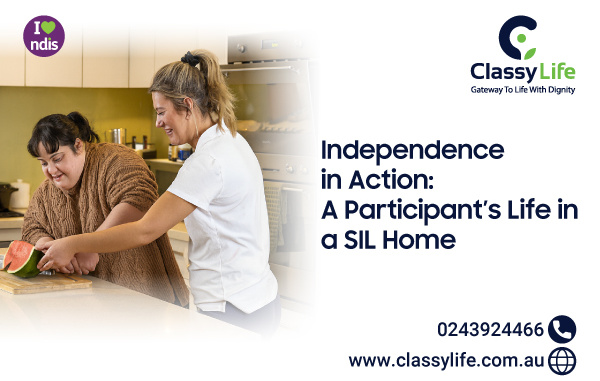
Living in NDIS Supported Independent Living (SIL) accommodation offers participants a balance of independence, personalised assistance, and a safe home environment where everyday routines become easier and more meaningful.
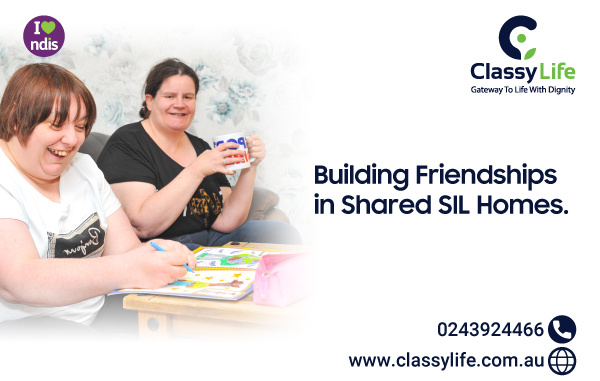
Supported Independent Living, often called SIL, is about providing support with day- to-day tasks so participants can be as independent as possible while learning valuable life skills.
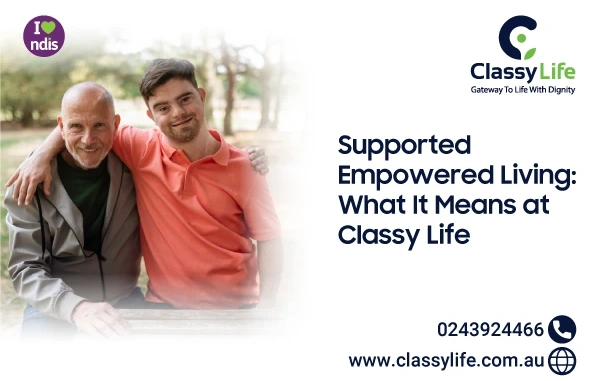
Supported Living is about creating a life where people with disabilities can enjoy independence, safety, and a sense of belonging. It’s about building confidence, developing life skills, and offering the freedom to make everyday choices.
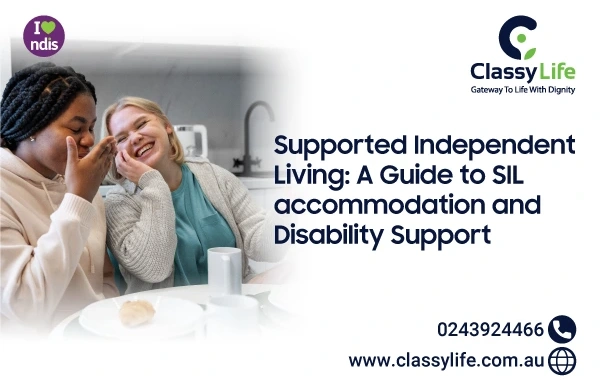
Supported Independent Living (SIL) is an important NDIS-funded disability support that helps people with higher support needs to live more independently. SIL provides personal support for daily activities like cooking, cleaning, and personal care.
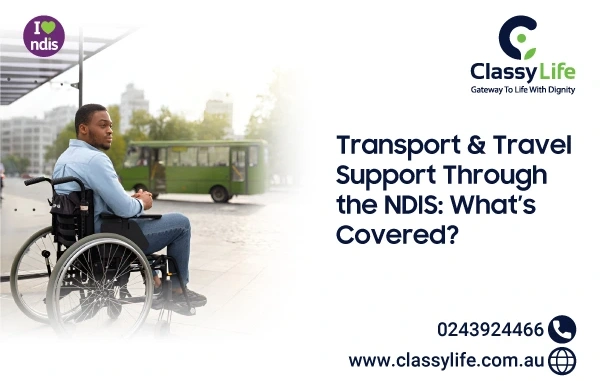
The National Disability Insurance Scheme gives transport funding to participants who cannot use public transport because of their disability. This means that if a person finds it too difficult to take buses, trains or trams, they may be able to get help from the NDIS.

Short-Term Accommodation (STA), including respite is a valuable NDIS support option that makes a meaningful difference in the lives of people with disabilities. STA is an NDIS-funded support that allows participants to live away from their usual home for a short period, typically up to 14 days at a time, and up to 28 days per year.
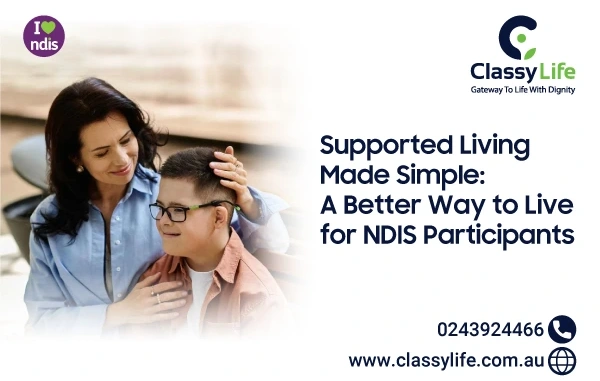
Supported living plays an important role in disability support by promoting independence, dignity, and inclusion for individuals with disabilities. It moves beyond the traditional model of care by giving ‘choice and control’ to people with disabilities develop life skills, and live in environments that reflect their goals. Supported Living, often delivered through Supported Independent Living (SIL) or Individualised Living Options…
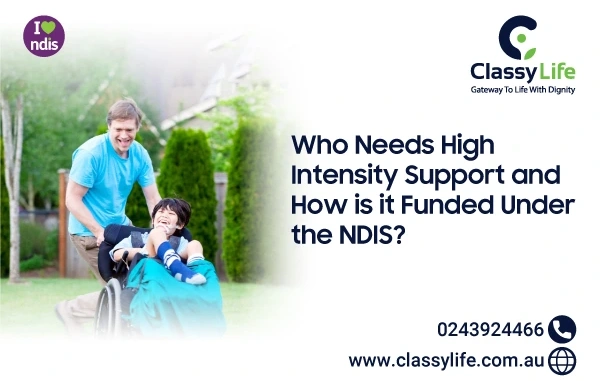
High Intensity Supports are important under the National Disability Insurance Scheme (NDIS). Introduced in 2018, these supports are critical for individuals managing significant disability-related health conditions or complex behavioural issues, requiring specialised assistance that go beyond standard support levels. NDIS participants who require High Intensity Supports usually have disability-related health support needs, such as assistance with complex bowel management, enteral…

When it comes to NDIS home and living supports, understanding the difference between Short-Term Accommodation (STA) and Medium-Term Accommodation (MTA) is essential for the participant in making choices that support their goals and daily needs.